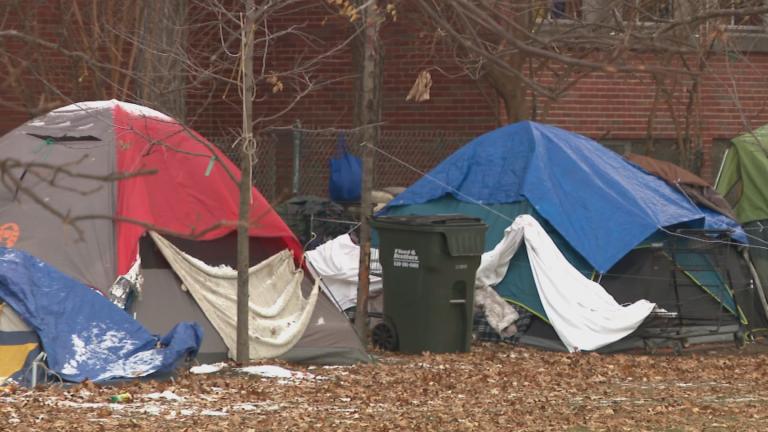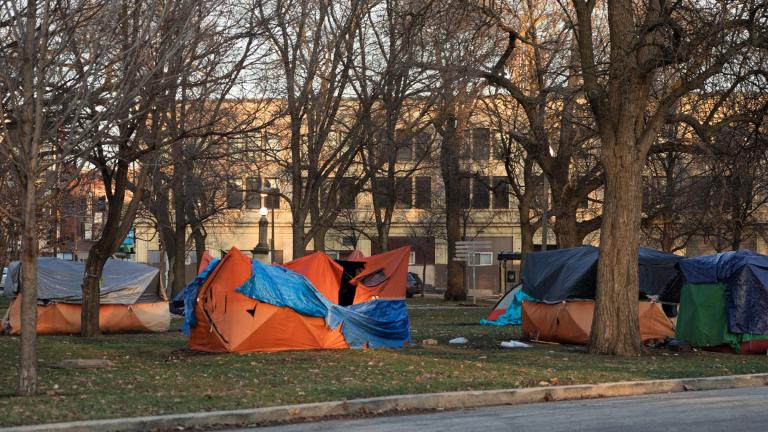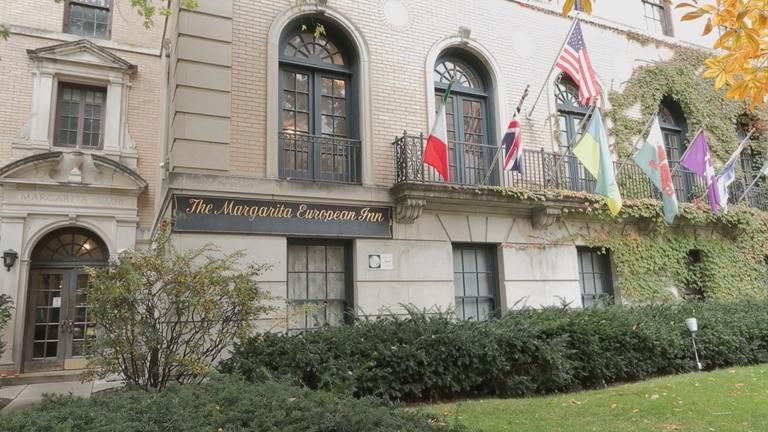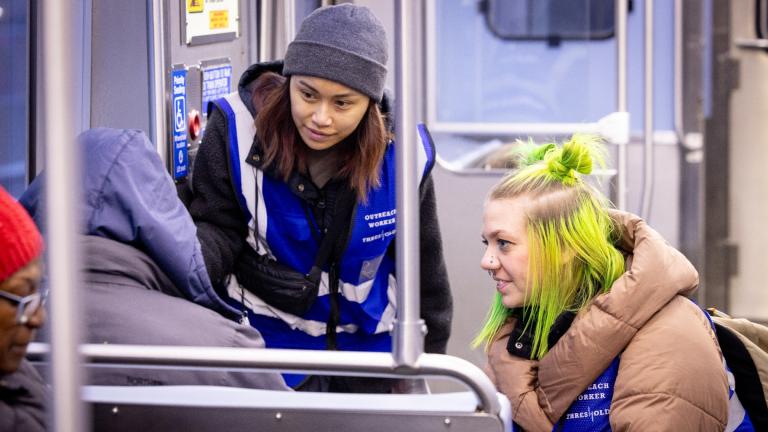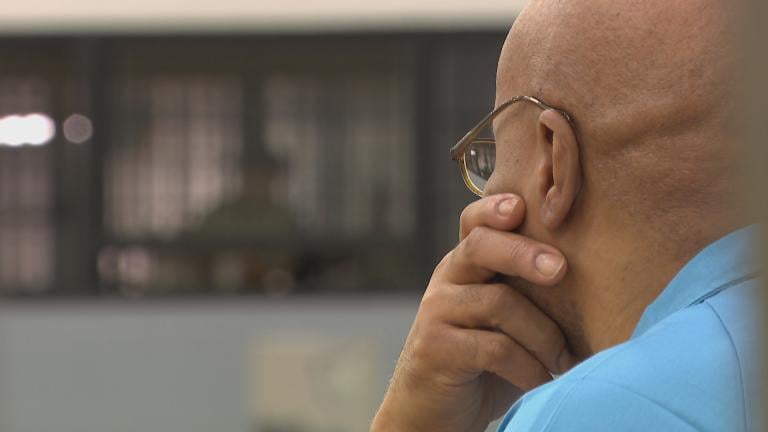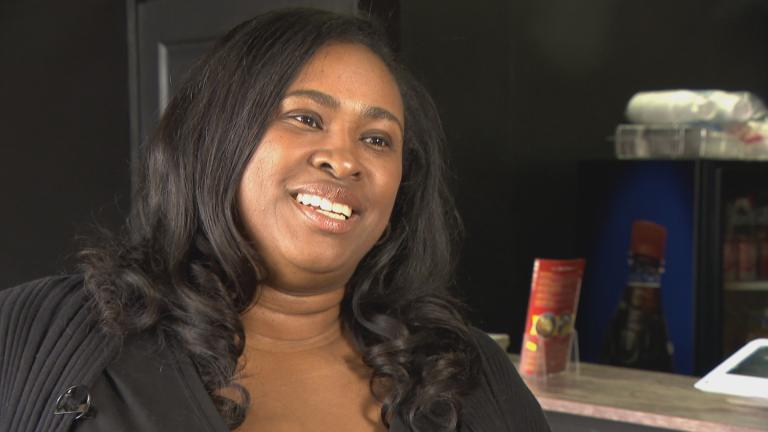This story is part of WTTW’s Firsthand initiative exploring gun violence in Chicago.
This summer was one of Chicago’s most violent in recent history, with more than 250 homicides recorded in June, July and August.
In response, officials and advocates have stressed the importance of seeking mental health care for victims of violence and their families.
“There’s no weakness in saying, ‘I need to speak with someone’ if you are experiencing any kind of concern as it relates to your mental health. And we want to encourage not only people in the community to seek out help and talk with someone but also our police officers,” Chicago police Superintendent David Brown said Monday.
But accessing those resources and other social services can be difficult for many who need it.
One person helping to bridge that gap is Christine Goggins, a violence recovery specialist at UChicago Medicine.
Goggins and her colleagues focus on crisis intervention for gun violence victims starting with their arrival at the hospital — and often continuing well after they leave. They help victims and their families communicate with doctors, police and others.
“The main goal of our crisis intervention is to reduce the stress that is occurring because the patient has been injured, and reducing the secondary stress their loved ones are experiencing because their loved one has been injured,” Goggins said.
After a patient is discharged, Goggins and her colleagues link them and their families to housing and employment opportunities, mental health resources and more.
“Are you safe? Do you have a safe place to go? Do you feel like you’ll be re-injured again? And if they don’t feel safe, we’re linking them to outreach services,” Goggins said. “We’re relocating people outside of the city, outside of the state because they don’t feel safe here in Chicago. We’re also linking single moms to childcare that they could benefit from.”
Earlier this month, Goggins was featured in the Chicago Tribune, where she shared a personal story that led to her career in violence recovery: the murder of a close friend, Blair Holt, when she was 17 years old.
“That single incident changed the entire trajectory of my life,” Goggins said. “At the time I was thinking about emergency medicine and have since moved to counseling because of his death. His death literally led me to where I am today.”
Goggins says that experience allows her to connect with patients and their families on a personal level.
“I want our patients and their families to know I’m from the neighborhood that we serve. A lot of the violence recovery specialists are. And we’re here to support our patients, just from personal experience, too … it will always be personal for me,” she said.

